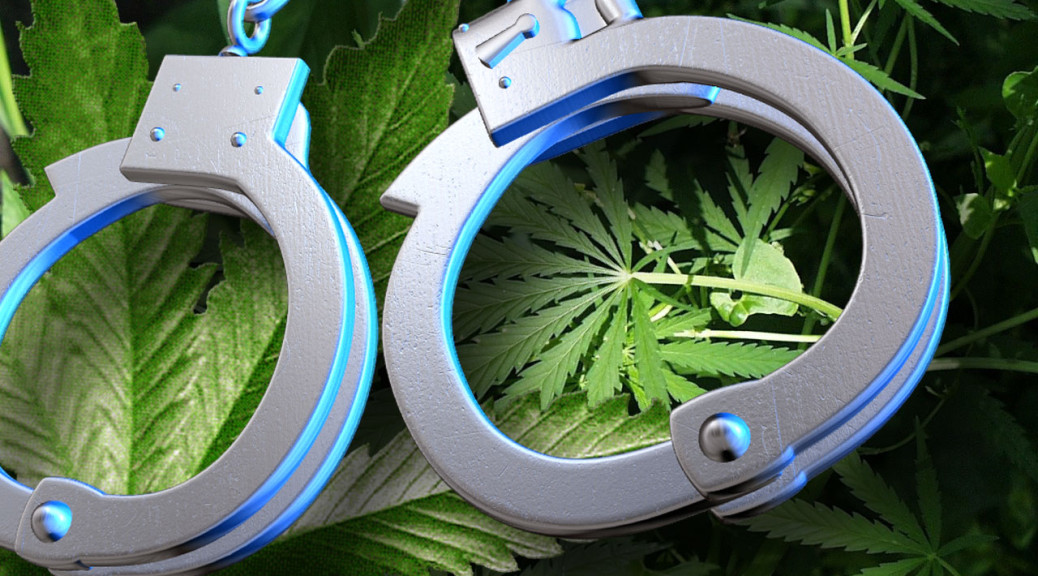South Dakota’s Flandreau Santee Sioux Tribe made an announcement that it was suspending operations on its marijuana resort set to open on New Year’s Eve and that it had burned its pot crop. The tribe stated that it was seeking “clarification” from the Justice Department to ensure “the continued success of the marijuana venture.”
This move comes as at least three other Indian tribes that have embarked on marijuana operations after the Justice Department apparently gave them the go ahead last year, have been raided by the DEA, a Justice Department agency. It’s no wonder that Indian tribes seem to be nervous about what the federal stance really is.
The state’s Republican establishment and law enforcement swiftly and heatedly opposed the Flandreau pot operation. That opposition has caused many to get reacquainted with one of the country’s most bizarre state marijuana laws in existence, South Dakota’s “internal possession” law.
In a nutshell, a person can legally ingest marijuana in another state, enter South Dakota and be charged for having marijuana in his or her system.
State Attorney General Marty Jackley warned—twice—when the tribe announced its plans in June, “South Dakota law prohibits the internal and physical possession, distribution, and manufacture of marijuana by: (1) all non-Indian persons anywhere in South Dakota including within Indian country; (2) all persons, including tribal members, outside of Indian Country.”
They’re not kidding. Under a state law passed in 2001 and upheld by the state Supreme Court in 2004, a person can be arrested, tried and convicted for having marijuana in their system, even if it was ingested in another state or country (or Indian reservation).
Here is the law:
22-42-15. Ingesting substance, except alcoholic beverages, for the purpose of becoming intoxicated as misdemeanor–Venue for violation. Any person who intentionally ingests, inhales, or otherwise takes into the body any substance, except alcoholic beverages as defined in § 35-1-1, for purposes of becoming intoxicated, unless such substance is prescribed by a practitioner of the medical arts lawfully practicing within the scope of the practitioner’s practice, is guilty of a Class 1 misdemeanor. The venue for a violation of this section exists in either the jurisdiction in which the substance was ingested, inhaled, or otherwise taken into the body or the jurisdiction in which the substance was detected in the body of the accused.
A Class 1 misdemeanor in South Dakota is punishable by up to a year in jail and/or a $2,000 fine, the same penalty as simple pot possession.
To learn more, check out this article at alternate.org.

